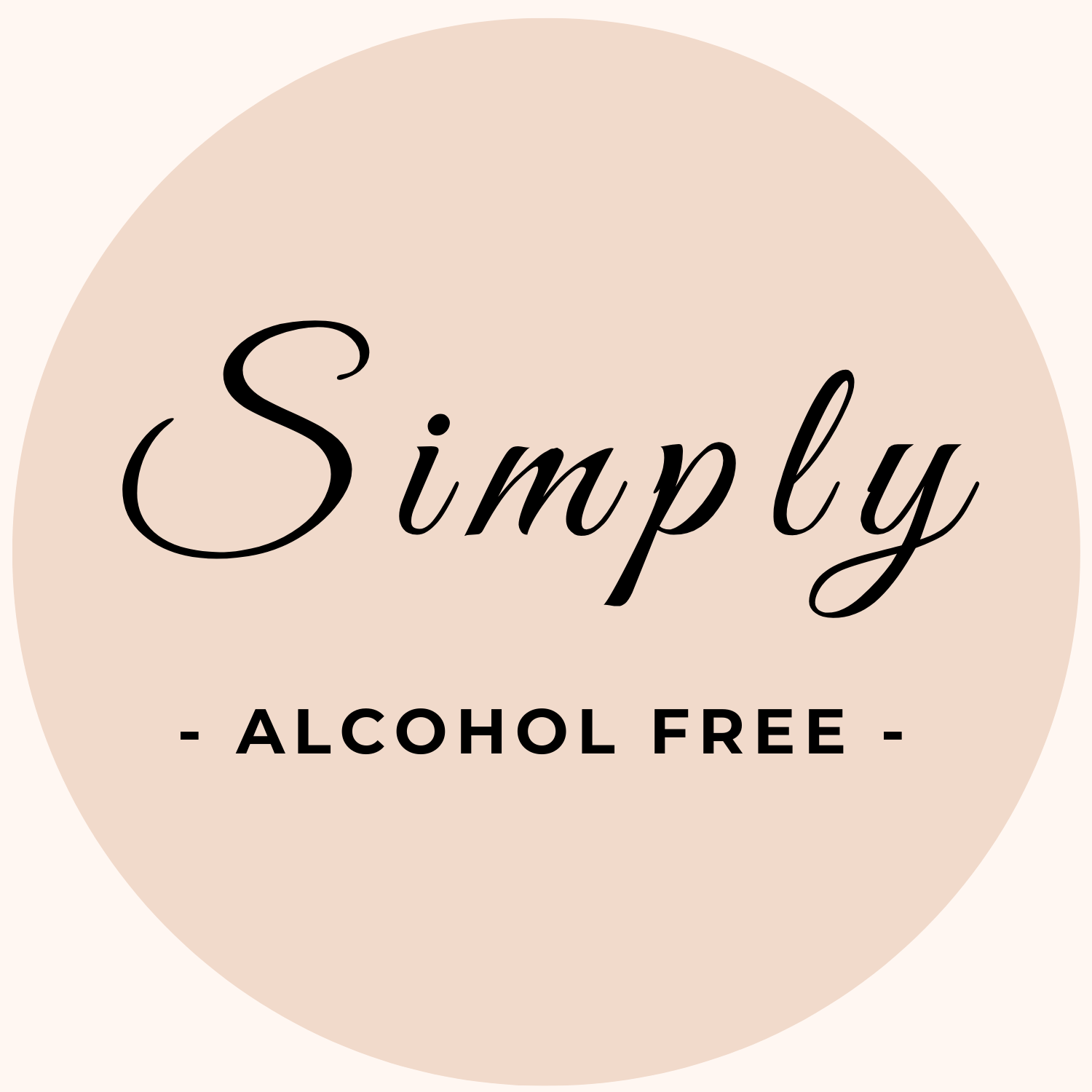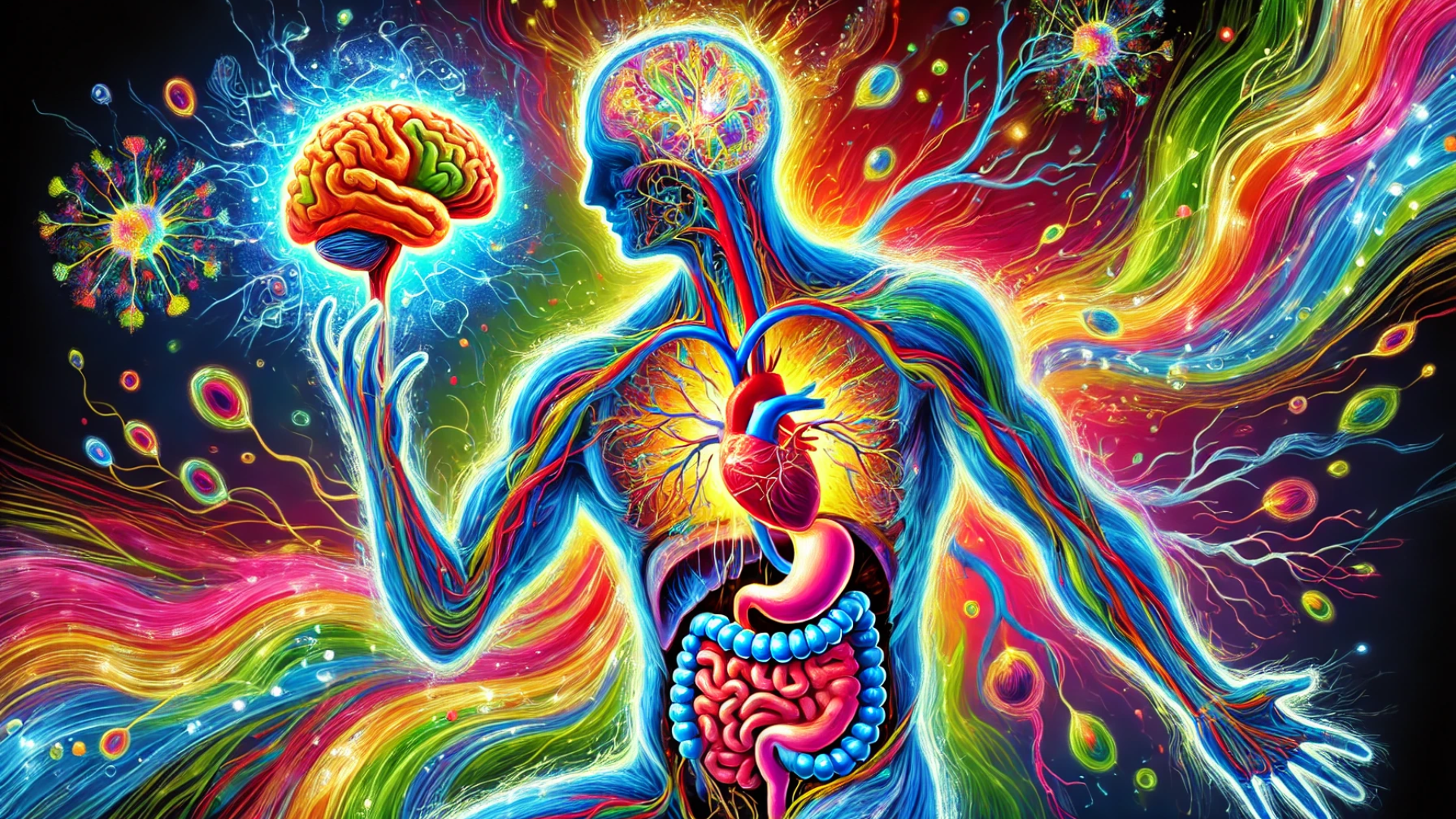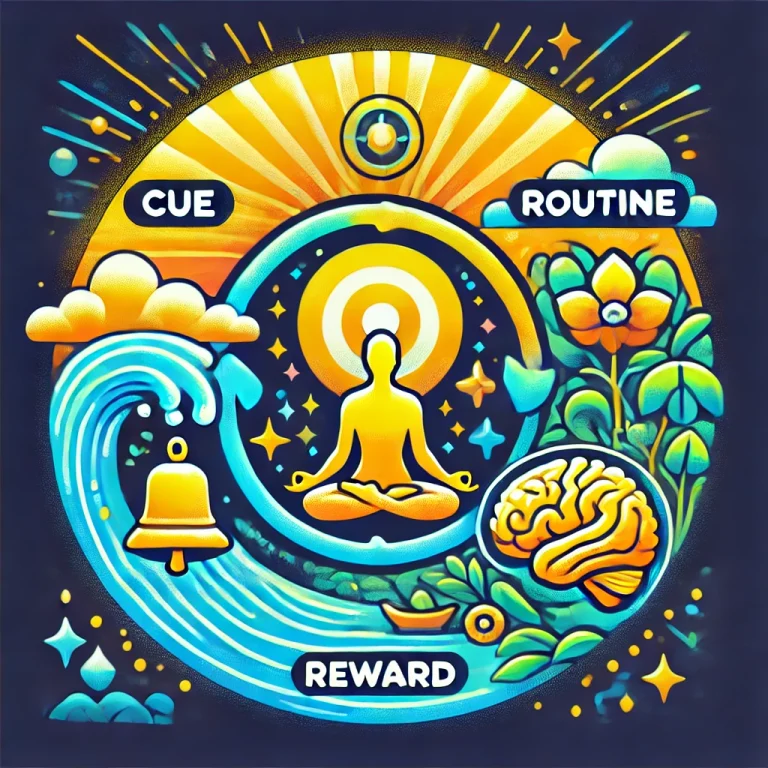When you quit drinking alcohol, your body undergoes numerous changes as it adjusts to life without this substance.
Here’s a brief timeline of what you may experience. Everyone is different and it will greatly depend on how heavy a drinker you have been.
Those First 24 Hours
If you have been a heavy drinker (please ensure that you seek professional help and advice before withdrawing from alcohol).
Initially in the first 6-12 hours after your last drink, you may experience withdrawal symptoms such as:
- Headaches
- Anxiety
- Stomach pains
- Insomnia
- Nausea [1]
These symptoms are often similar to a hangover and may easily be overlooked.[6]
At 12-48 Hours
As you progress into the second day without alcohol, withdrawal symptoms may intensify. Some people may experience:
- Hallucinations
- Seizures (in severe cases) [1]
During 48-72 Hours: Peak Withdrawal
This is typically the most challenging period, where withdrawal symptoms reach their peak.
You might experience:
- Fever
- Sweating
- Confusion
- Rapid heart rate
- High blood pressure
- Delirium tremens (in severe cases) [1][3]
After 1 Week
After the first week, physical withdrawal symptoms usually start to improve.
You may notice:
- Better sleep quality
- Improved hydration
- Less dehydration-related issues (e.g., headaches) [1]
After 2 weeks
By the second week, you’ll likely see more positive changes:
- You may see some weight loss.
- Improved gut health (less bloating, heartburn, and stomach pain)
- Better skin appearance [1]
After 3-4 weeks
After about a month of sobriety, you can expect:
- Your blood pressure to improve.
- Healthier-looking skin and hair
- An improved liver function
- Further potential weight loss [1][2]
The Long Term Benefits
As you continue your alcohol-free journey, you’ll experience numerous health improvements:
- Reduced risk of various cancers
- Better mental health (less anxiety and depression)
- Improved productivity and energy levels
- Enhanced immune system function
- Significant financial savings [2][4]
It’s important to note that if you’ve been a heavy drinker, quitting “cold turkey” can be dangerous. Severe withdrawal symptoms like delirium tremens can be life-threatening [3][5].
Always consult with a healthcare professional before stopping alcohol consumption, especially if you’ve been drinking heavily or for a long time. They can provide guidance on safe withdrawal methods and may recommend medically supervised detoxification if necessary. [5]
Remember, everyone’s body reacts differently to alcohol cessation. The timeline and severity of symptoms can vary based on factors such as how much and how long you’ve been drinking, your overall health, and your age. [3]
With time and patience, your body will adjust to life without alcohol, leading to numerous health benefits and improved overall well-being.
[1] https://www.recoveryatlanta.com/alcohol-treatment/benefits-of-quitting-alcohol/
[3] https://www.therecoveryvillage.com/alcohol-abuse/how-long-alcohol-detox-take/
[4] https://www.priorygroup.com/blog/benefits-of-giving-up-alcohol-for-a-month
[5] https://americanaddictioncenters.org/alcohol/withdrawal-detox/cold-turkey
[6] https://www.hanleycenter.org/timeline-alcohol-withdrawal/







